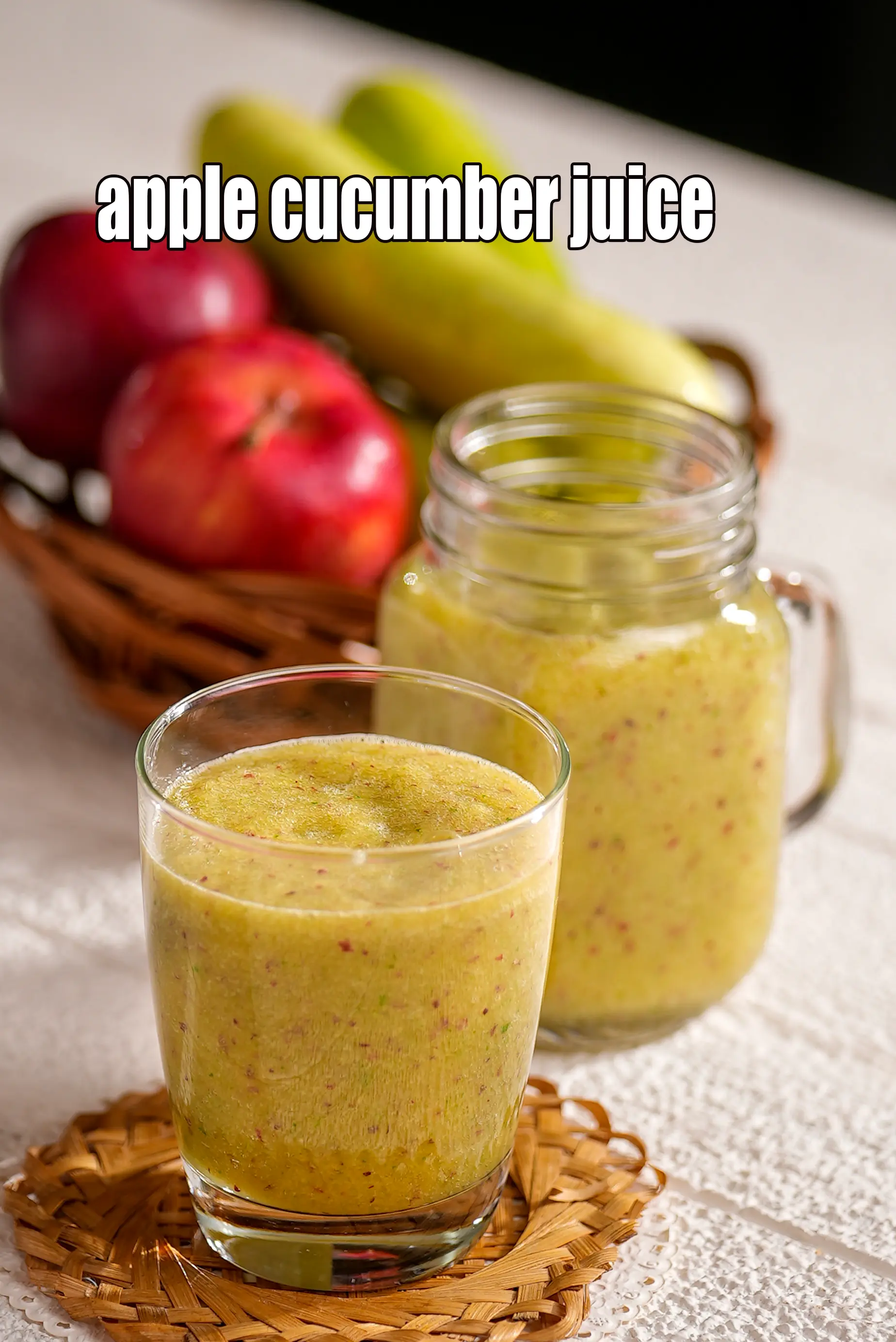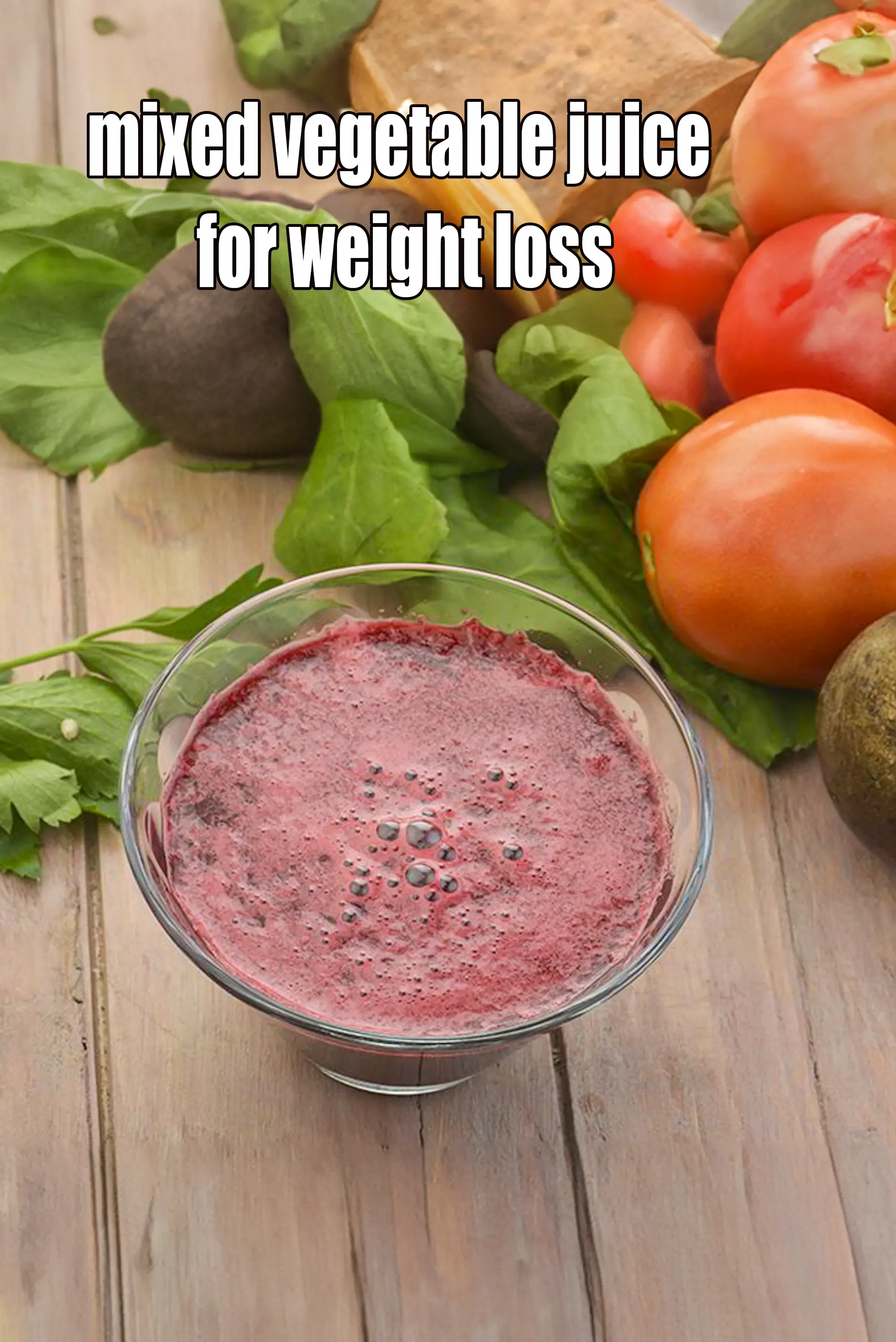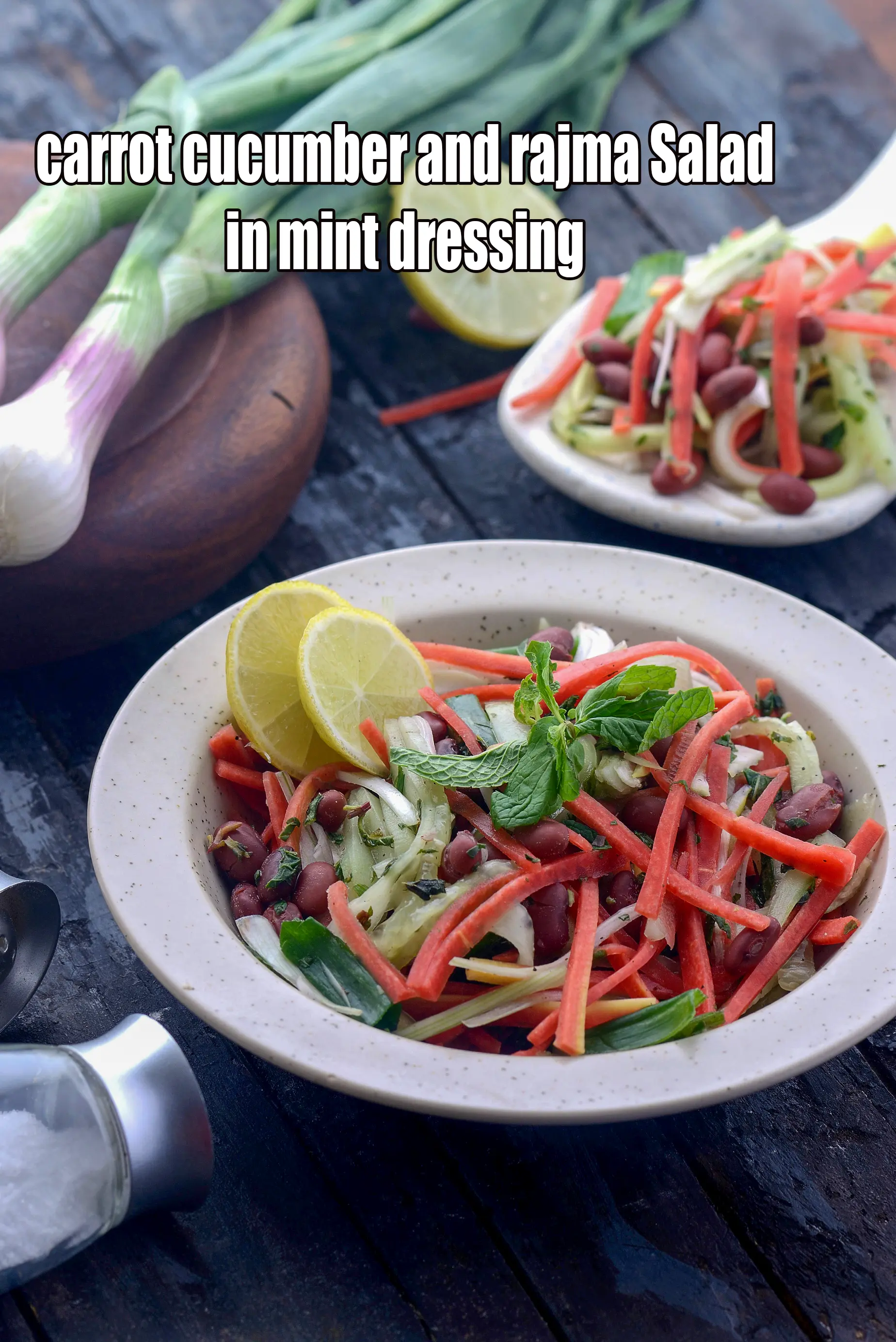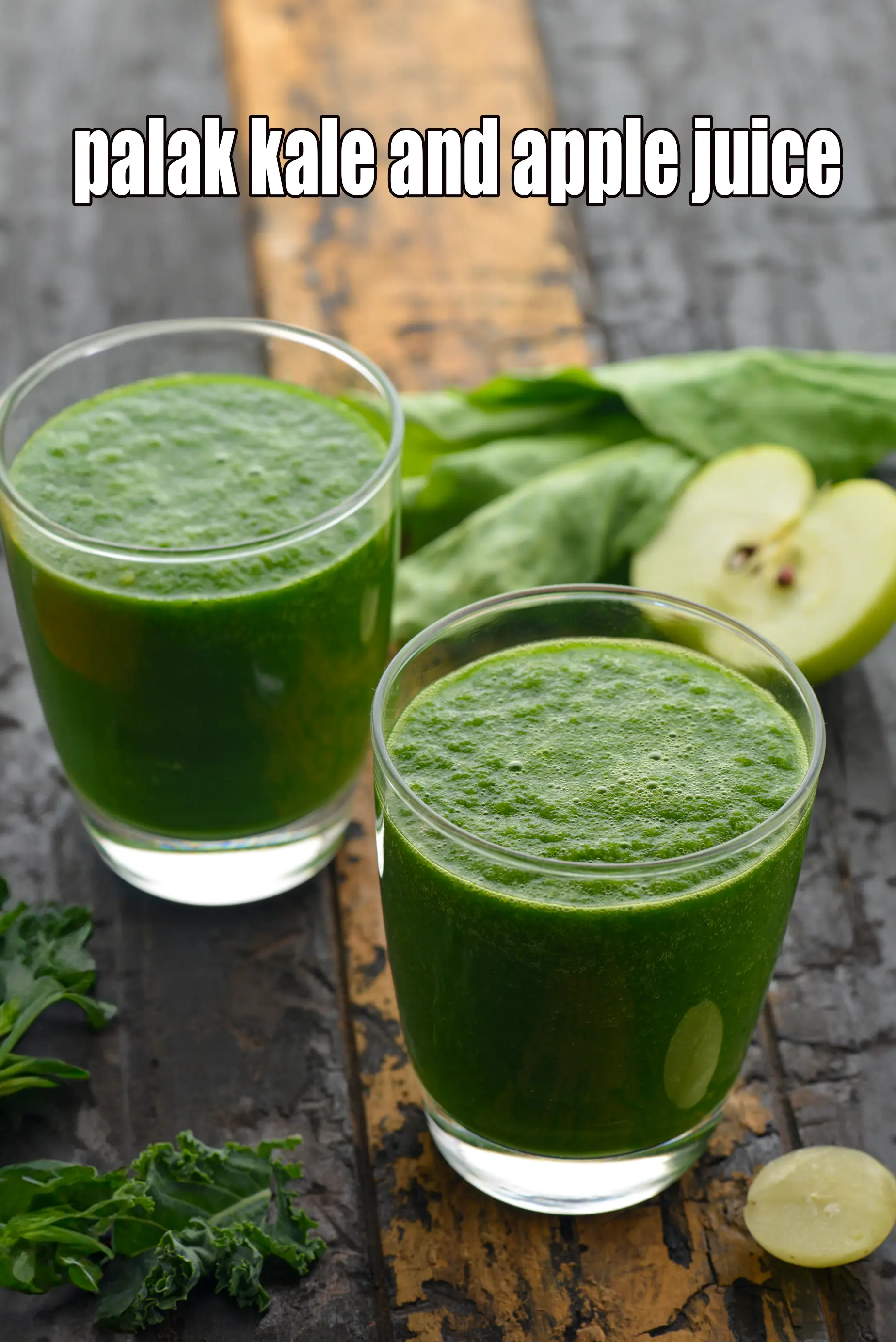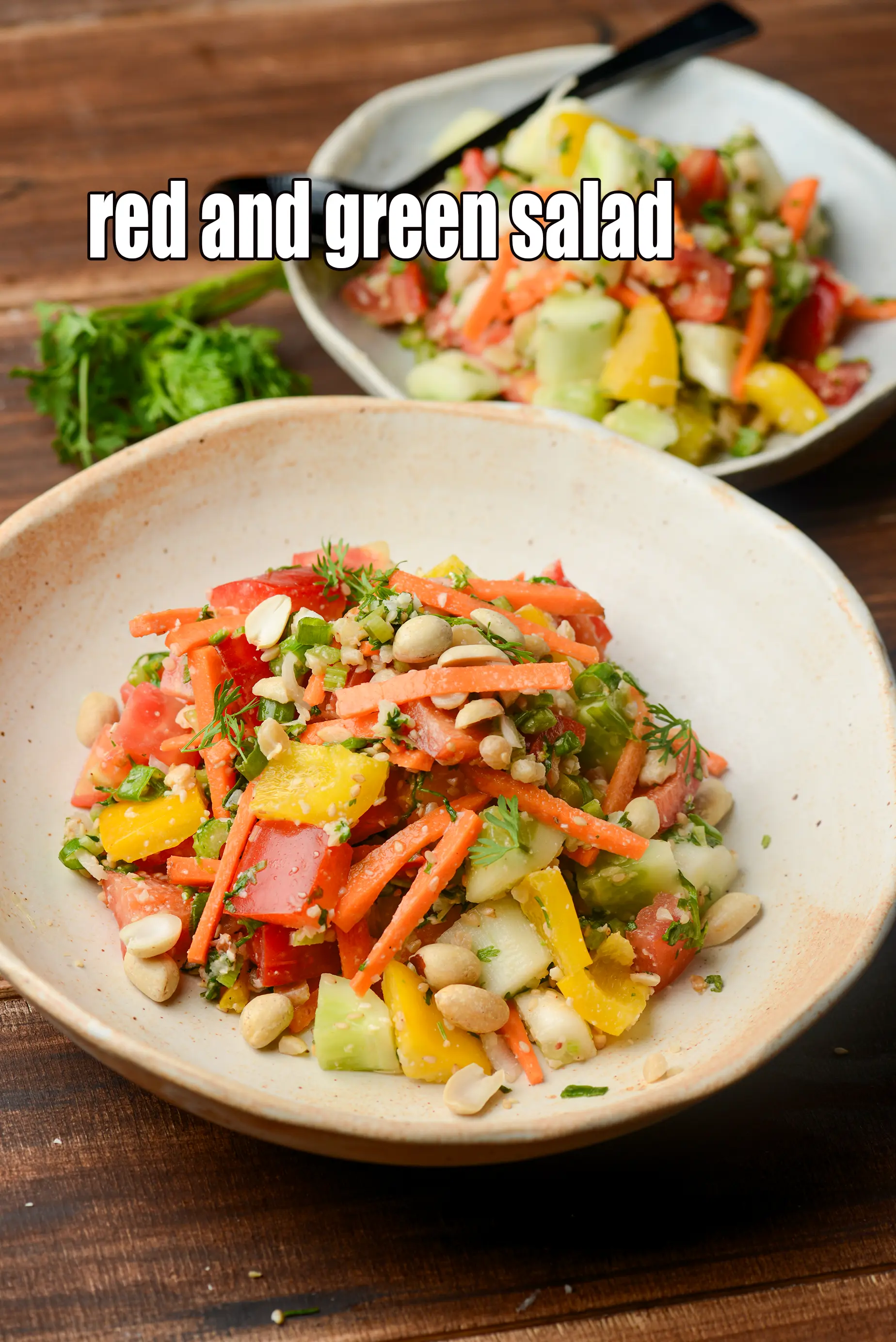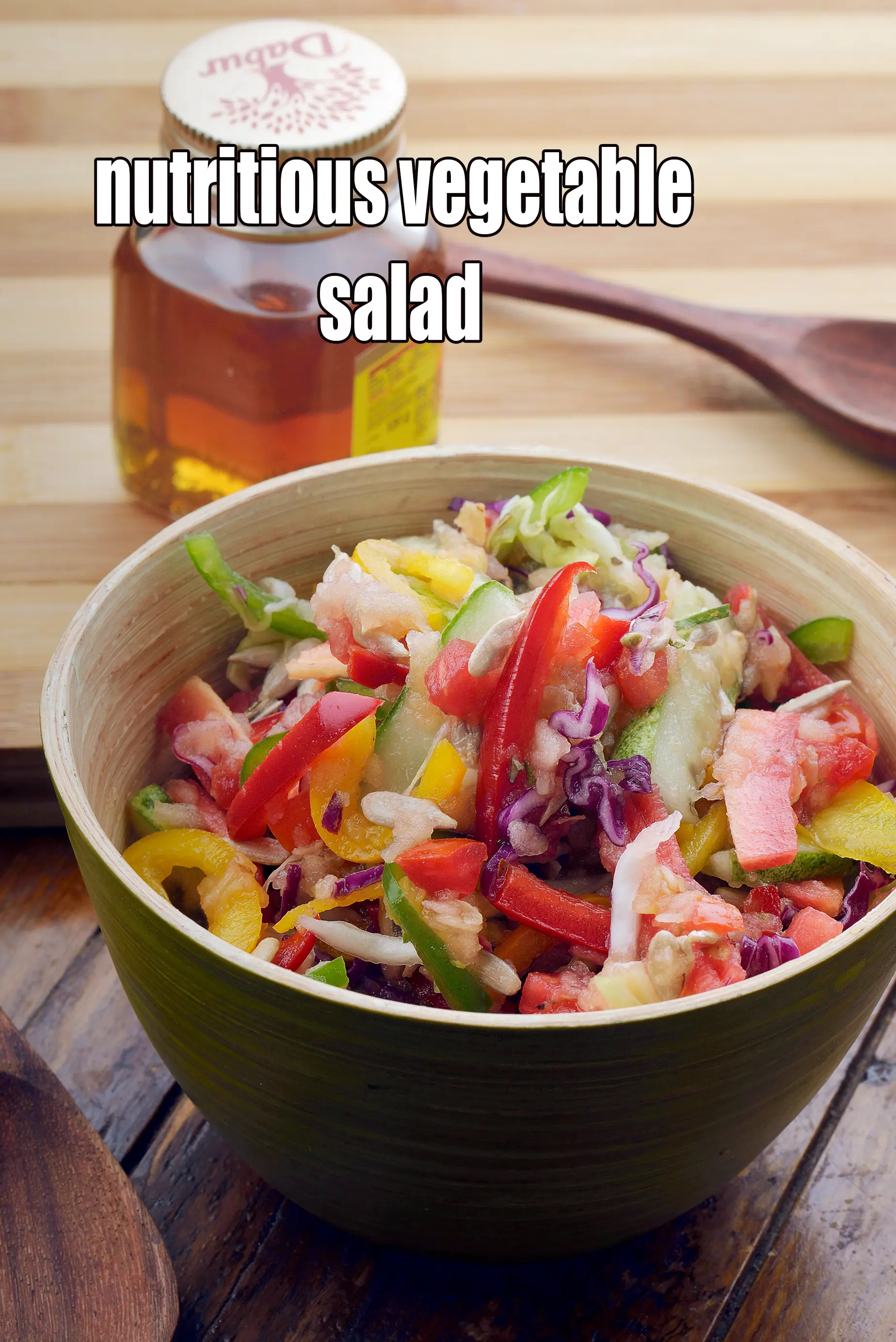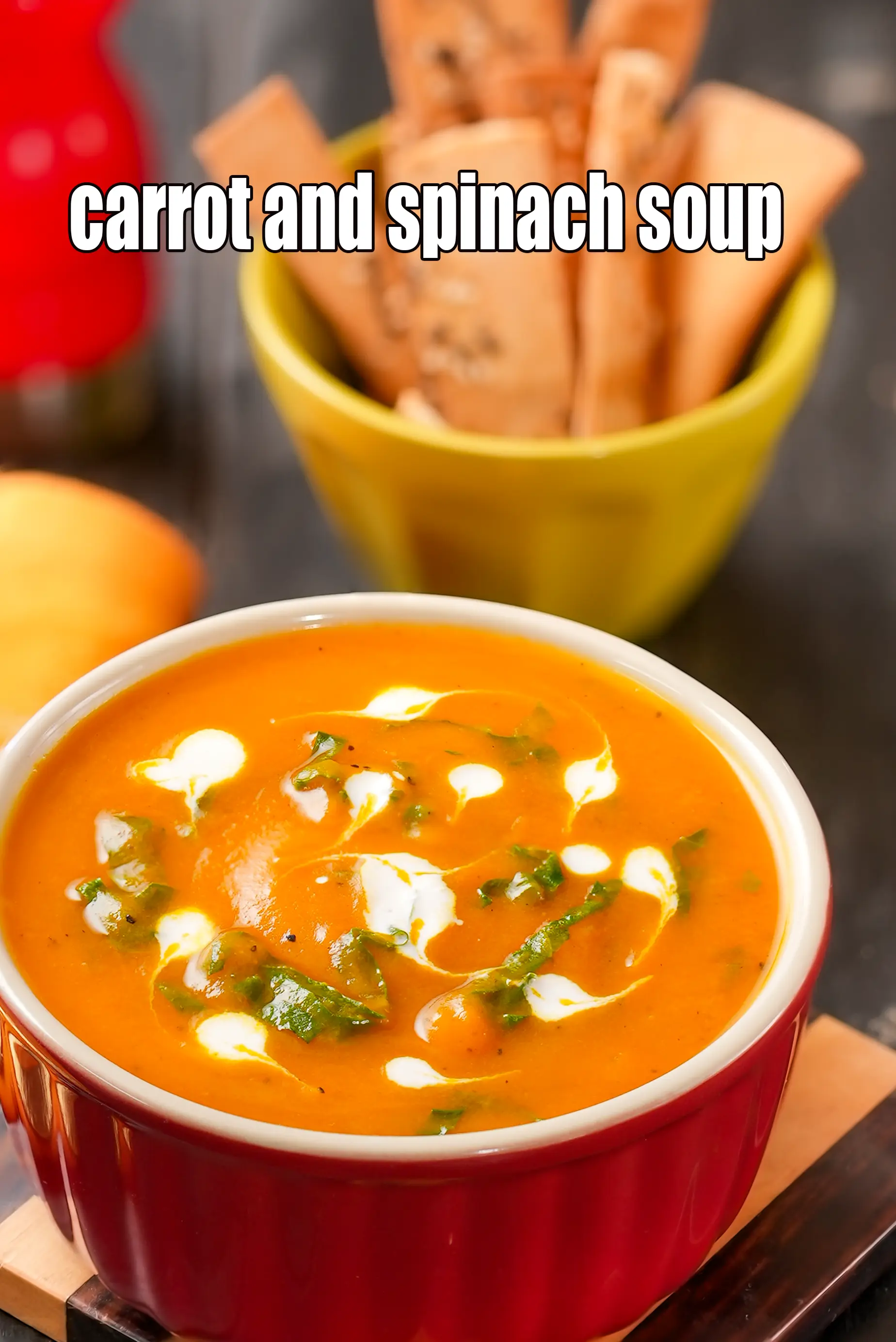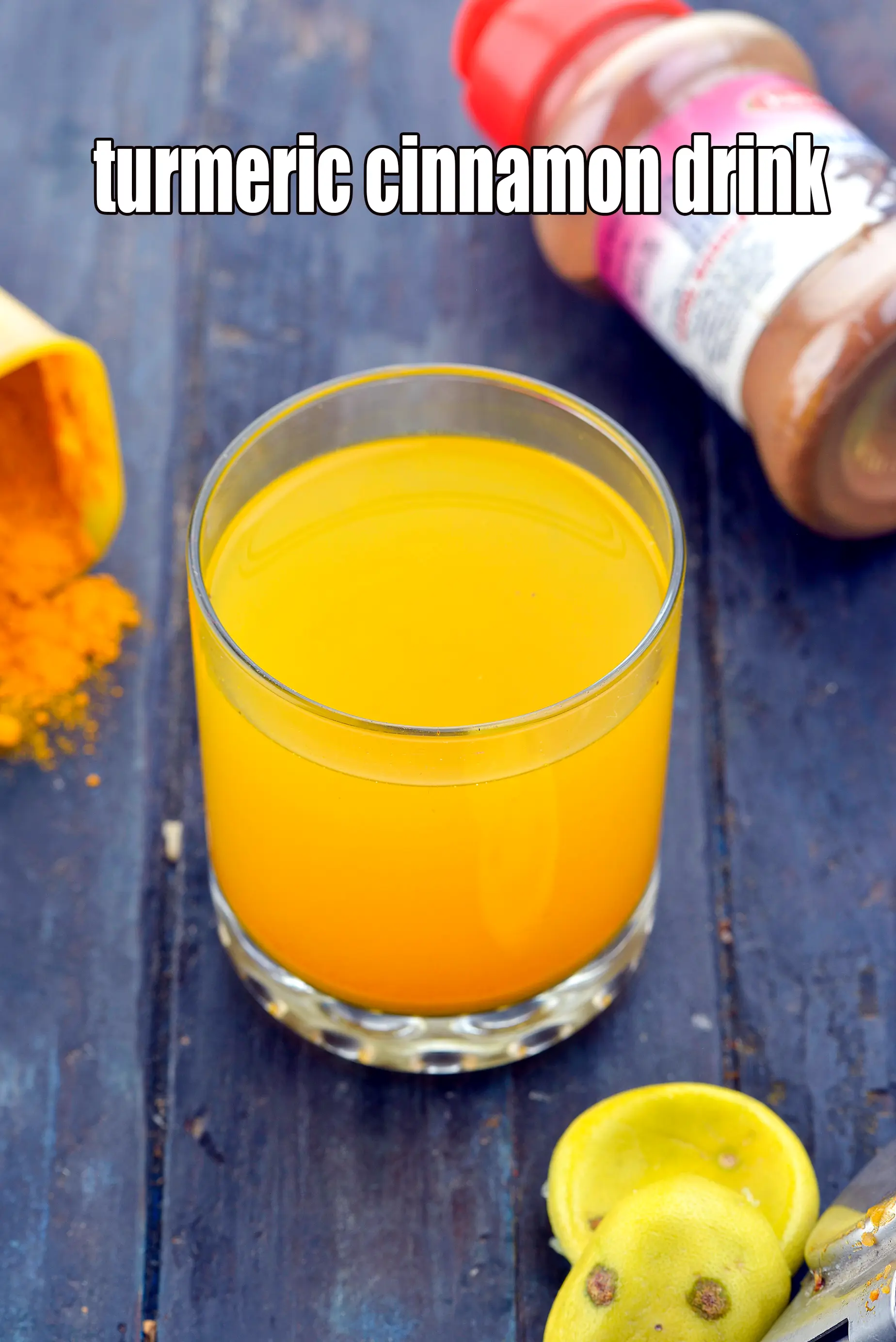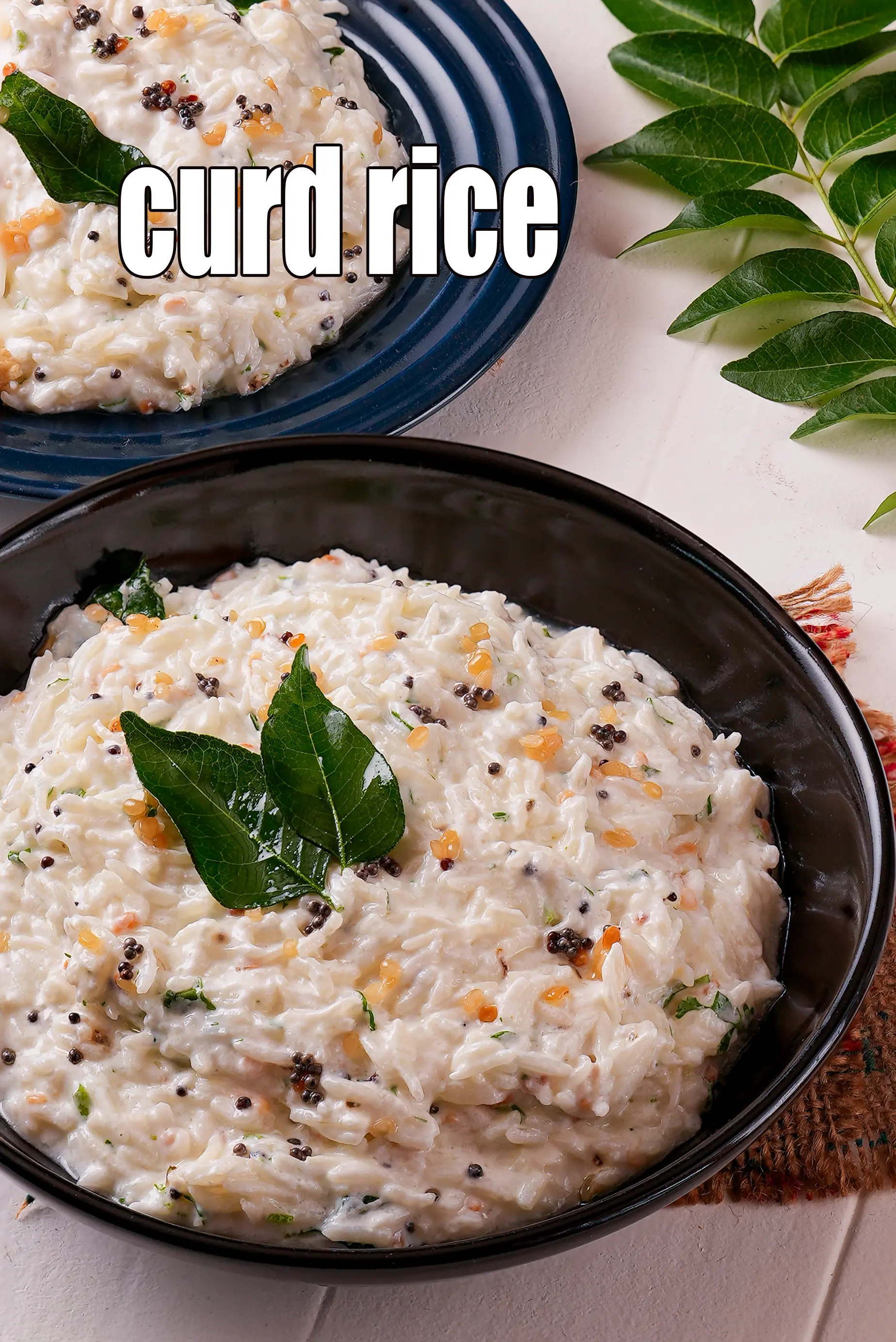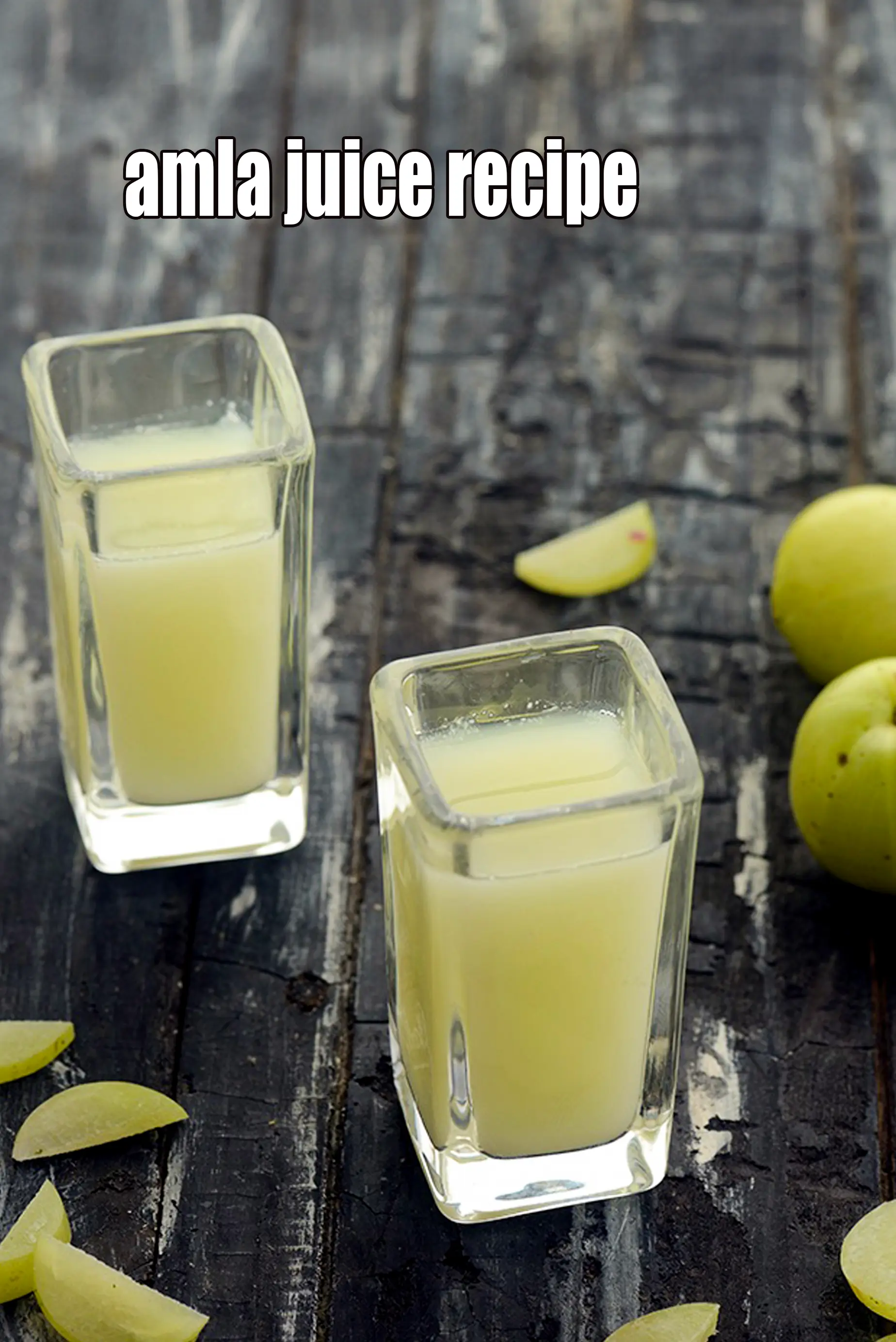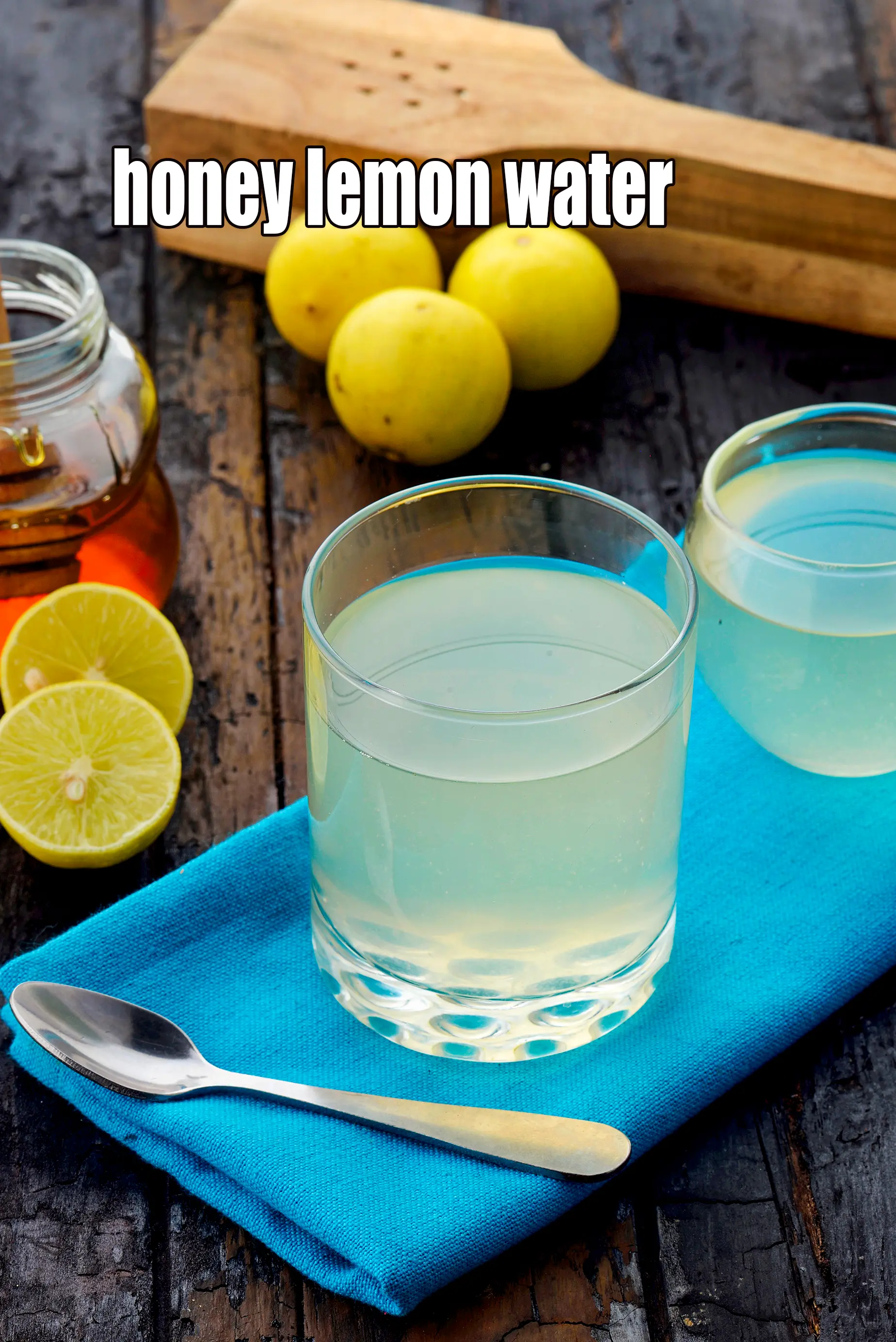Nutritional Facts of Mulligatawny Soup, Mulligatawany Soup, Calories in Mulligatawny Soup, Mulligatawany Soup
This calorie page has been viewed 14686 times
Table of Content
How many calories does one serving of Mulligatawny Soup, Mulligatawany Soup have?
One serving of Mulligatawny Soup, Mulligatawany Soup gives 277 calories. Out of which carbohydrates comprise 107 calories, proteins account for 35 calories and remaining calories come from fat which is 136 calories. One serving of Mulligatawny Soup, Mulligatawany Soup provides about 14 percent of the total daily calorie requirement of a standard adult diet of 2,000 calories.
Click here to see Mulligatawny Soup, Mulligatawany Soup recipe. A spicy soup with an unmistakeable Indian feel to it, it is said that this used to be a hot favourite amongst the British officers when they were in India.
Mulligatawny Soup features a large set of ingredients including coconut milk, onions, carrots, tomatoes, rice and dal, spiced with an elaborate masala and hints of ginger, garlic and lemon juice. You can have it as a filling brunch or supper!
Is Mulligatawny Soup, Mulligatawany Soup healthy?
Yes, this is healthy. But restrictions apply to some.
Let's understand the Ingredients Mulligatawny Soup, Mulligatawany Soup.
What's good in Mulligatawny Soup, Mulligatawany Soup.
Masoor Dal (split red lentils), Whole Massor : 1 cup of cooked Masoor dal gives 19 grams of protein. Being rich in Phosphorus it works with Calcium to build our bones. Whole Masoor or masoor dal is rich in Folate, Vitamin B9 or Folic Acid which helps your body to produce and maintain new cells, especially red blood cells. Masoor dal is is good for diabetics and a healthy heart. See detailed 10 health benefits of masoor dal.
Onions (pyaz, kanda): Raw onions are a very valuable source of vitamin C – the immune building vitamin. Along with other phytonutrients from onions, it helps to build WBC (white blood cells) which serves as a line of defence against illness. Yes, it’s a source of many antioxidants, the most important one amongst them being Quercetin. The quercetin which promotes production of HDL (good cholesterol) and lowers total cholesterol in the body. The sulphur in onions act as a blood thinner and prevents blood clotting too. This in turn would lower blood pressure and good for heart, diabetics. Read the benefits of onions.
Carrots (gajjar) : Carrots have the nutrient Beta Carotene which is a form of Vitamin A, helps prevent deterioration of the eye as one gets older and prevents night blindness. Carrot is great for the eyes.They relieve constipation, lower blood pressure, have fibre and lower cholesterol. Read the 11 super benefiits of carrots and why to include in your daily diet.
Garlic : Garlic has been proven to lower cholesterol. The active ingredient allicin present in garlic aids in lowering blood pressure. Garlic is also alleged to help regulate blood glucose levels for diabetics. Garlic is great for the heart and circulatory system. Garlic has an antimicrobial, antiviral and antifungal function and can help in relieving common cold and other viral infections. To boost your immune system have a garlic clove a day. Garlic is a top anti viral food. The thiosulphate compound, Allicin found in garlic acts as a strong antioxidant and protects our body from damage of free radicals. Read here for complete benefits of garlic.
Ginger (Adrak) : Ginger is an effective cure for congestion, sore throat, cold and cough. It aids digestion and relieves constipation. Ginger was found as effective as drugs in relieving menstrual pain. Ginger is effective in decreasing the cholesterol levels in patients with high cholesterol. Ginger significantly reduces symptoms of nausea in pregnant ladies. See here for 16 Super Health Benefits of Adrak, Ginger.
Tomatoes : Tomatoes are extremely rich source of Lycopene. Tomatoes are a powerful antioxidant, super rich in Vitamin C, good for heart. Tomatoes are a Pregnant women's friend and are rich in Folate or Folic Acid which helps your body to produce and maintain new cells, especially red blood cells. Read about 13 amazing benefits of tomatoes.
Turmeric Powder (Haldi): Turmeric helps in digestion of food thus helping to overcome indigestion. Haldi may help in reducing the growth of fat cells in the body. Turmeric, being rich in iron, is highly valuable in the treatment of anaemia and both the root as well as the powder should be a regular part of an anaemic diet. One of the health benefits of turmeric is it’s anti-inflammatory property due to the active compound, Curcumin, which helps to relieve inflammation of the joints and thus is a ladder to relieve pain related to arthritis. The curcumin in haldi also helps to ward of the bacteria’s causing cold, cough and throat irritation. Turmeric benefits in diabetes management by lowering blood glucose levels. Its antioxidant and anti-inflammatory effects are useful in the treatment of diabetes patients. It is known to be a good brain food and keep diseases like Alzheimer’s at bay. See here for detailed turmeric benefits.
Coconut Milk : Recent research says that not eating enough healthy fat can actually make fat. But you need to choose the type of fat correctly like coconut milk. And the answer is MCT (Medium Chain Triglycerides) – which goes directly to the liver and does not get stored as fat in body. Coconut milk contains some amount of potassium which is beneficial for those with high blood pressure.The lauric acid present in coconut milk has a positive effect on cholesterol levels improves heart health too. Read detailed benefits of coconut milk.
Lemon, Lemon Juice : Lemon is a very good source of Vitamin C and thus helps in the production of white blood cells and antibodies in the blood which attacks invading microorganisms, prevents infection and builds immunity. Therefore, Lemon juice is given to prevent common cold. The ascorbic acid in lemon juice helps in absorption of iron from the food. So if you’re iron deficient or have anaemia squeeze a lemon on iron rich recipes. See detailed benefits of lemon, lemon juice.
Coriander (kothmir, dhania): Coriander is a fresh herb often used as a flavour enhancer in Indian cooking. It is mainly used as a garnish. This is the best way to use it - no cooking. This preserves its vitamin C content which helps to build our immunity and bring that sparkle to the skin. The antioxidants vitamin A, vitamin C and the quercetin present in coriander works towards strengthening our immune system. Coriander is a fairly good source of iron and folate – the 2 nutrient which help in the production and maintenance of red blood cells in our blood. Good for reducing cholesterol and good for diabetics. Read 9 benefits of coriander to understand details.
Benefits of Cumin Seeds ( jeera) : The most common benefit of jeera known to many is to soothe the stomach, intestine and the entire digestive tract. Cumin seeds are apparently a very good source of iron. A tbsp. of cumin seeds can fulfil nearly 20% of days iron requirement. Even small quantity of cumin seeds has huge amounts of calcium – a bone supporting mineral. They aid is digestion, weight loss and help reduce inflammation. See detailed benefits of cumin seeds, jeera.
Fenugreek Seeds (Methi Seeds) : 1 tsp of fenugreek seeds soaked overnight and consumed early in the morning on an empty stomach is a remarkable cure to control blood sugar levels for diabetics. Fenugreek seeds have been known to benefit the heart by way of reducing cholesterol levels in the blood. Fenugreek seeds have long been suggested to enhance breast milk production to lactating mums. A teaspoon of fenugreek seeds swallowed with half glass water is also a very well-known home remedy for diarrhoea. See detailed benefits of fenugreek seeds methi seeds.
Benefits of Cinnamon, dalchini, cinnamon powder : Cinnamon with its antioxidant power has the ability to reduce inflammation in the body
| Energy | 277 cal |
| Protein | 8.9 g |
| Carbohydrates | 27.2 g |
| Fiber | 5.5 g |
| Fat | 15.3 g |
| Cholesterol | 0 mg |
| Vitamin A | 797.7 mcg |
| Vitamin B1 | 0.2 mg |
| Vitamin B2 | 0.1 mg |
| Vitamin B3 | 1.5 mg |
| Vitamin C | 12.5 mg |
| Folic Acid | 30.2 mcg |
| Calcium | 71.1 mg |
| Iron | 3.3 mg |
| Magnesium | 46.4 mg |
| Phosphorus | 285.5 mg |
| Sodium | 21.6 mg |
| Potassium | 347.8 mg |
| Zinc | 1.3 mg |
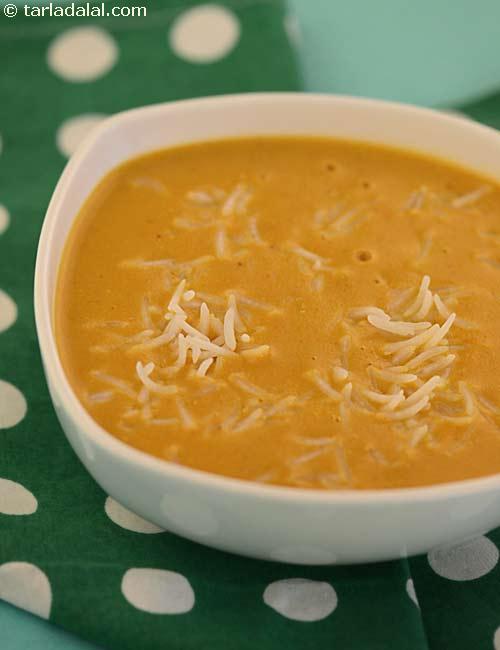
Click here to view Mulligatawny Soup, Mulligatawany Soup
Calories in other related recipes

